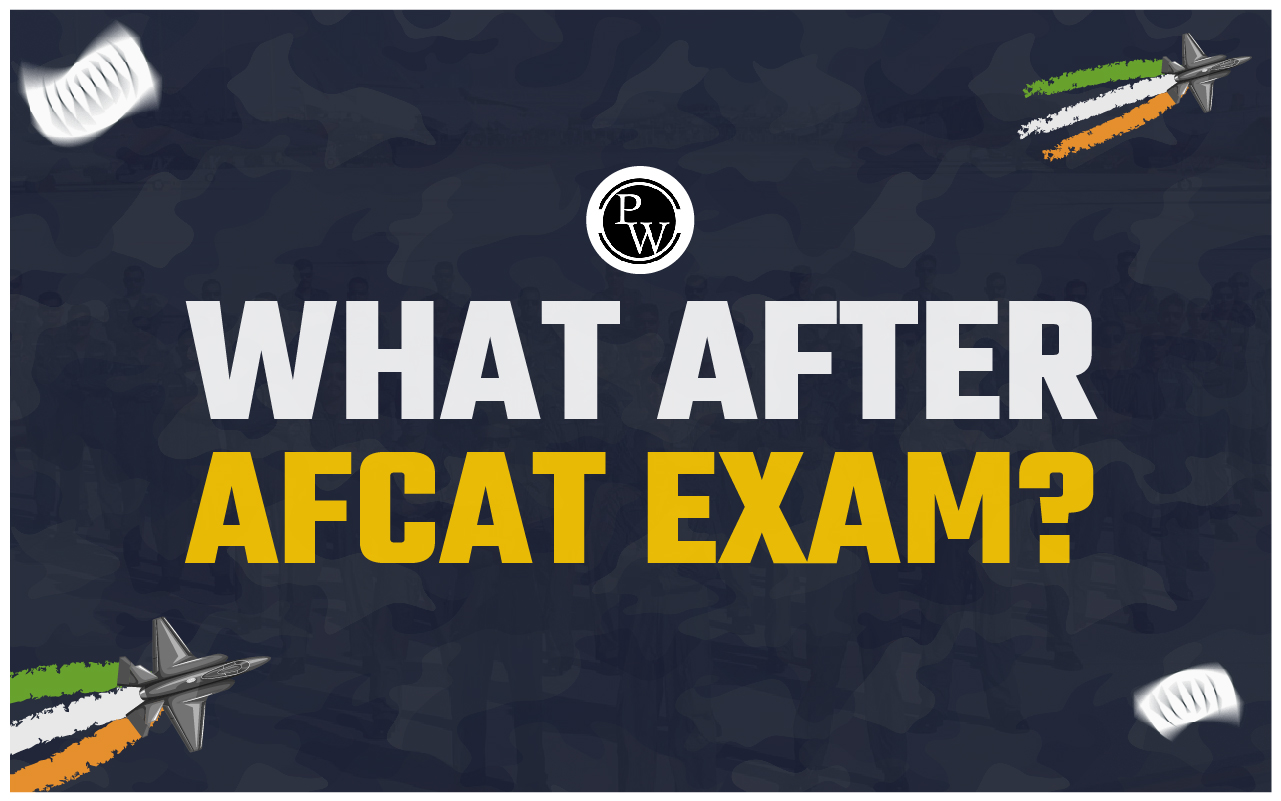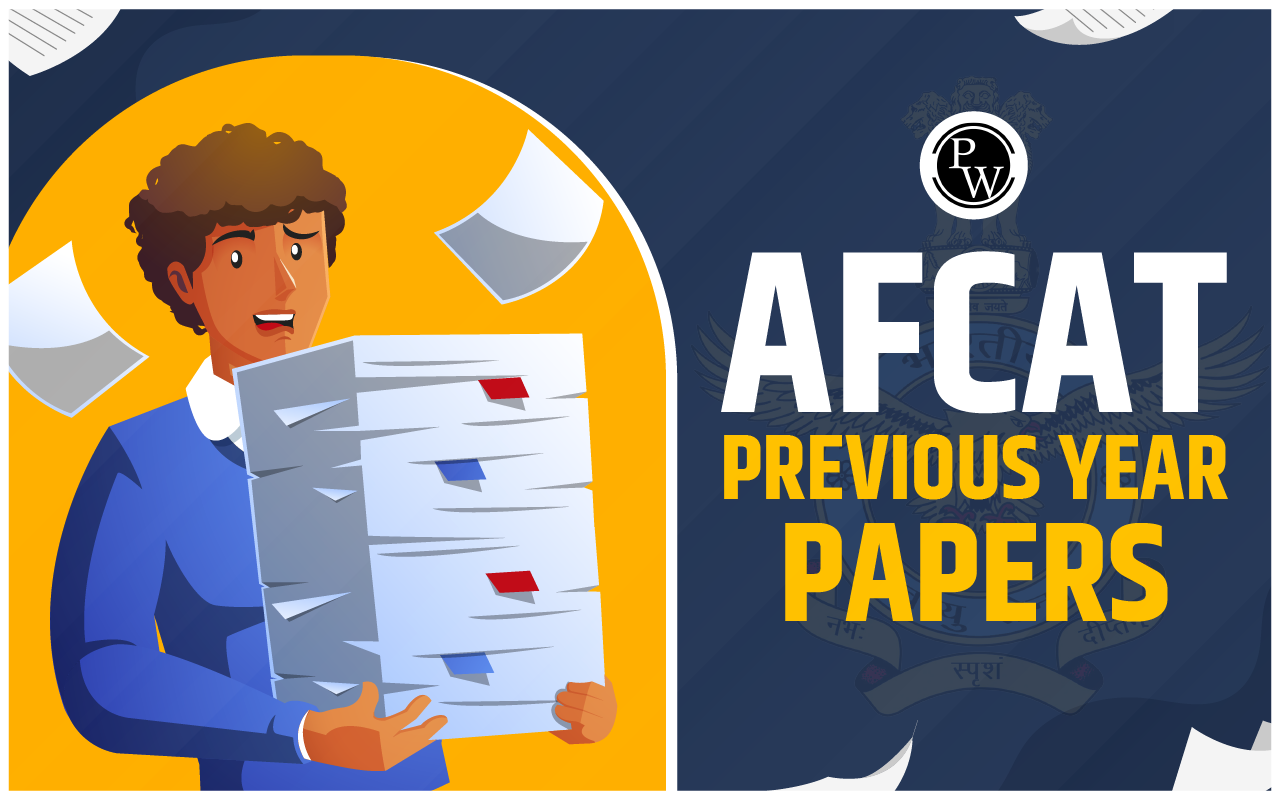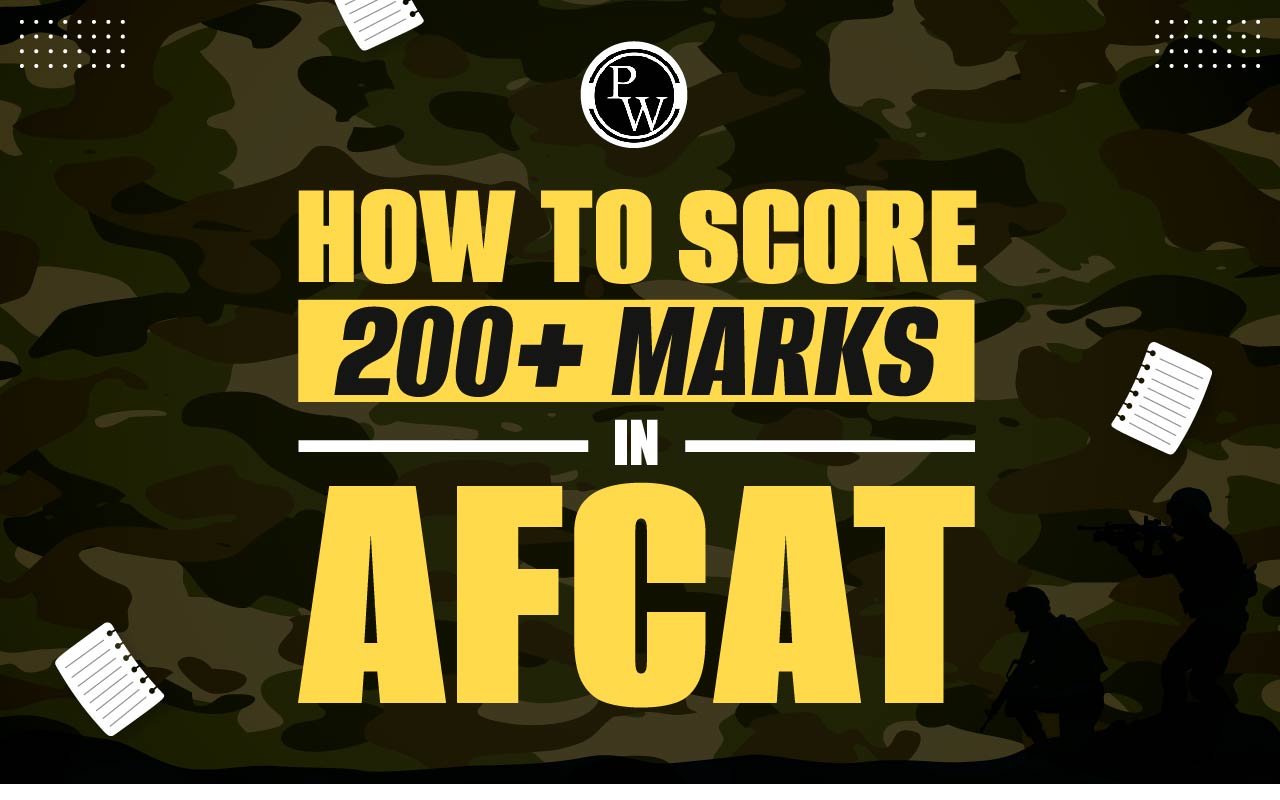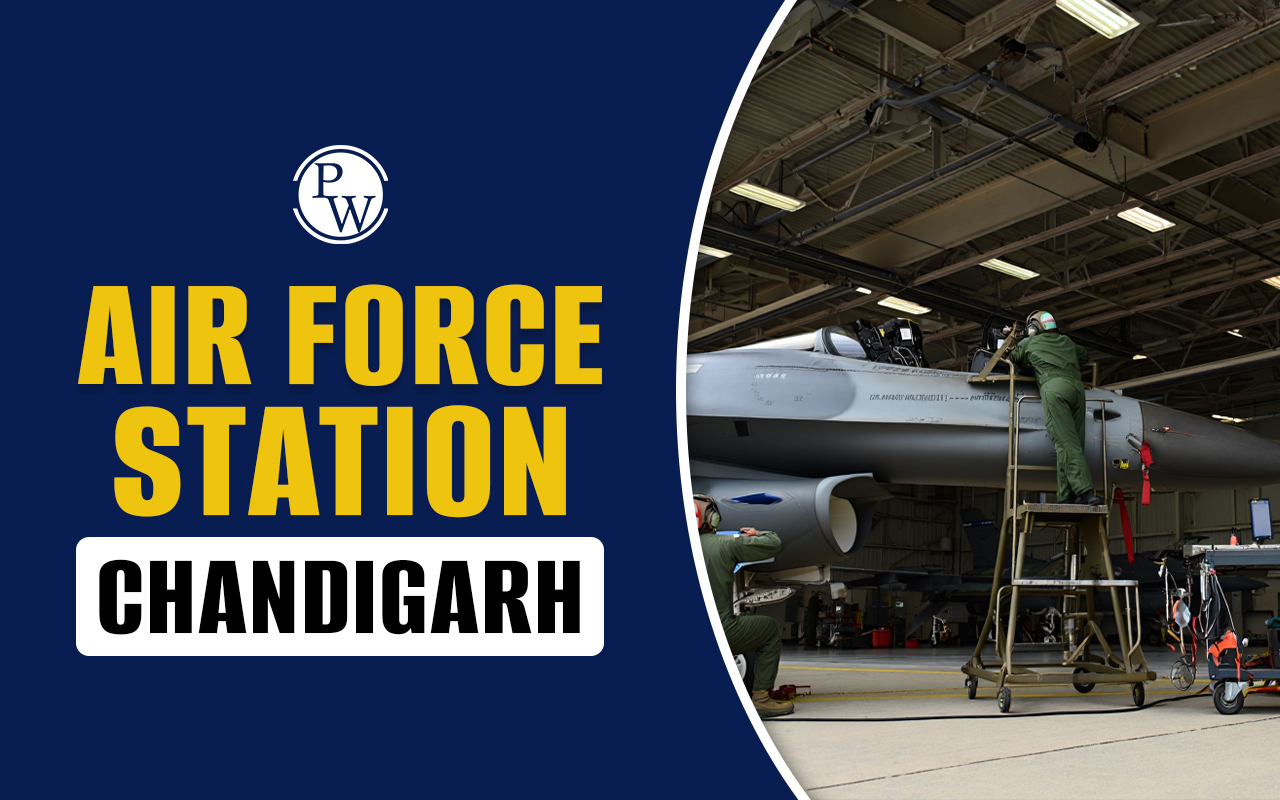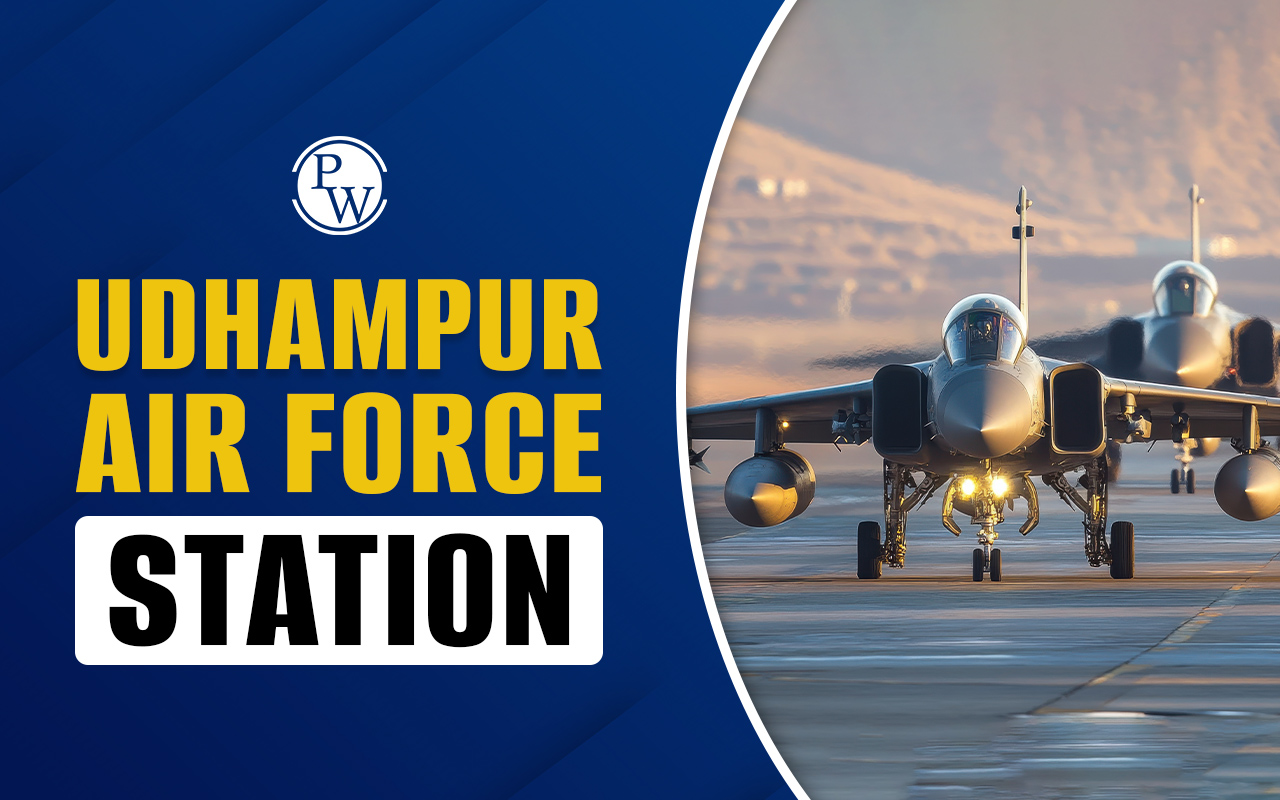
RVC Full Form In Indian Army: RVC is Remount Veterinary Corps also known as the Stud Department. It is one of the oldest Indian Army formations in 1779 in Bengal. The Army Veterinary Corps was established in 1920. It was changed to the Indian Remount and Veterinary Corps in 1950. RVC has its history in the Indian Army. Again, the name was changed to Remount & Veterinary Corps. Post-Independence, RVC took an active part in the war waged for India. Then, the officials employed by RVC handled the tasks of caring for the animals. RVC Motto is “Pashu Seva Asmakam Dharma” (Service to Animals is our Duty).
What is RVC in Indian Army?
RVC stands for Remount Veterinary Corps. It is a crucial arm of the Indian Army responsible for the care, treatment, and training of animals used in military operations. These animals primarily include horses, mules, dogs, and other service animals that support the army in difficult terrains and combat zones. The RVC plays a vital role in maintaining the health and operational readiness of these animals, ensuring that they can perform effectively in diverse and often extreme environments.
RVC Full Form in Army
The RVC full form in the Army is Remount Veterinary Corps. It may not be as widely known as the infantry or artillery units. The contribution is towards the operational effectiveness of the Indian Army is significant. Animals have been used in military contexts for centuries. The purpose is for transportation, reconnaissance, search-and-rescue, and even psychological support. The RVC ensures these valuable assets are in top condition. This unit is comprised of trained veterinary officers who manage the breeding, training, and treatment of military animals.
RVC Roles & Responsibilities
The RVC's meaning in the Army goes beyond just treating sick animals. The officials handled the responsibilities of:
-
Veterinary care: Ensuring animals are healthy, vaccinated, and fit for duty.
-
Breeding programs: Running breeding centres to produce high-quality service animals.
-
Training: Both animals and handlers are trained to work in specific military scenarios.
-
Research: Veterinary research in military contexts, such as nutrition, disease control, and surgical care.
RVC ensures that animals serving in the army are not only healthy. They are also trained to function in high-stress environments.RVC corps is an integral part of the Indian Army’s support. It is staffed by officers of the Indian Army’s Veterinary branch.
Recruitment and Eligibility for RVC in Army
Joining the RVC requires a degree in Veterinary Science. Most RVC officers are commissioned through the Short Service Commission (SSC) or Permanent Commission. The minimum educational qualification is a Bachelor's degree in Veterinary Science (B.V.Sc or B.V.Sc & A.H.) from a recognized Indian university. Candidates undergo military training before being deployed in various units. It happens after qualifying for the selection process.
RVC Full Form in Army Salary
One common question is about the RVC full form in the Army salary and pay scale. Here's a breakdown:
-
Starting Rank: Most RVC officers start as Captains in the Indian Army.
-
Pay Level: Level 10B of the 7th Pay Commission.
-
Basic Pay: Approximately ₹61,300/month (excluding allowances).
-
Allowances: Includes Military Service Pay (₹15,500), Dearness Allowance, Uniform Allowance, and others.
-
Gross Salary: With allowances, the gross salary can go up to ₹80,000–₹95,000 per month, depending on posting and years of service.
Significance of RVC in Modern Military Operations
In terrains like the Siachen Glacier, where mechanized transport is difficult, animals such as mules remain essential for transporting supplies. The RVC in Army ensures that such animals are healthy and trained for these critical missions.
Military dogs trained under the RVC play crucial roles in bomb detection, search and rescue, and patrolling. Their training and health are overseen by RVC specialists who ensure these dogs perform optimally in life-and-death scenarios.
The RVC in Army may not always be in the spotlight. Its contribution to the operational readiness and logistics of the Indian Army is immense. RVC is important for military animal care from protecting the animals and providing them training.
RVC Full Form In Indian Army FAQs
What is the RVC Full Form in the Indian Army?
What is the post of the candidate on joining RVC?
What is the responsibility of RVC?
Who is eligible to join RVC?
What is the salary offered to the Remount Veterinary Corps in the Indian Army?


